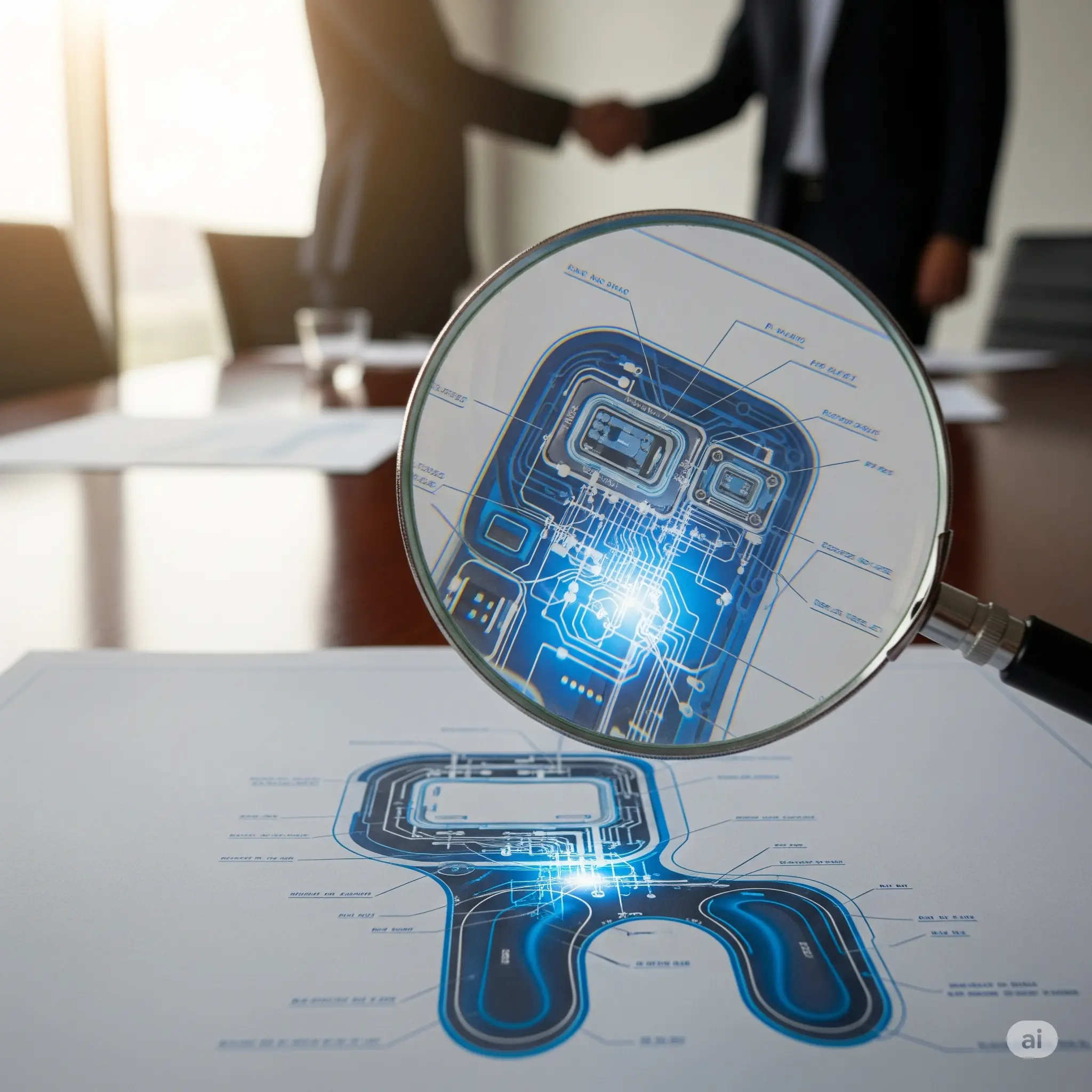

A biosensor is an advanced device capable of detecting and measuring biological information and converting it into an electrical signal for analysis. By integrating biotechnology with electronics, biosensors play a crucial role in various fields, from the food industry to environmental protection, defense, and especially healthcare.
1. What Are Biosensors and How Do They Function?
The term “biosensor” stands for “biological sensor,” a specialized device that detects and measures biological data, converting it into electrical signals for analysis. Each biosensor comprises three essential components:

- Biorecognition Element: This is the core of the biosensor, responsible for identifying specific biological markers such as enzymes, antibodies, or nucleic acids. For example, glucose sensors use enzymes to detect sugar levels in sweat or interstitial fluid.
- Transducer: The transducer converts the biorecognition event into an electrical signal. Depending on the type of signal (e.g., optical, electrochemical), this component ensures that the detected information is measurable
- Signal Processor: The electronic circuitry processes the signal and transmits it to a display interface, such as a smartphone or smartwatch. This allows users or healthcare providers to interpret the data easily.
2. Types of Biosensors: How Do They Work?
Biosensors come in various types, each using a different detection method to measure biological information. Below are some of the most common biosensors and how they work
- Electrochemical Biosensors: Measure electrical changes (current, voltage, impedance) from biological reactions. Used in glucose monitoring (e.g., CGMs for diabetics).
- Optical Biosensors: Detect light property changes (fluorescence, absorption). Applied in DNA analysis and disease detection.
- Piezoelectric Biosensors: Identify mass changes via mechanical vibrations. Used for pathogen and toxin detection.
- Wearable & Implantable Biosensors: Continuously monitor vitals (heart rate, glucose, oxygen). Integrated into smartwatches, CGMs, and medical implants.
3. Real-World Applications of Biosensors in Healthcare
ECG Smartwatches (Cardiac Monitoring) – Detects irregular heart rhythms and monitors heart rate variability in real time.
Continuous Glucose Monitors (Diabetes Management) – Tracks glucose levels through interstitial fluid, reducing the need for finger-prick tests.
Pulse Oximeters (Respiratory Health) – Measures oxygen saturation (SpO2) and monitors lung function, aiding in conditions like COPD and asthma.
EEG Headbands (Neurological Monitoring) – Captures brain activity to detect epilepsy, stress levels, and cognitive disorders.
Liquid Biopsy Kits (Cancer Detection) – Identifies cancer biomarkers in blood or saliva for early-stage diagnosis.
Smart Bandages (Wound Healing & Infection Detection) – Monitors healing progress and detects infections through biofluid analysis.
Biosensors are at the forefront of modern healthcare, enabling real-time monitoring, early disease detection, and personalized treatment. From cardiac tracking to diabetes management and even cancer detection, these advanced sensors are revolutionizing patient care. As the demand for innovative, high-performance biosensors grows, having a reliable technology partner is essential.
Conclusion
ITR Vietnam is a Medical Device Design & Engineering company specializing in developing cutting-edge biosensors and wearable medical technology. Whether you need customized sensor solutions or expert engineering support, ITR provides tailored designs that meet the highest industry standards.
If you're looking for a trusted partner to develop biosensor-integrated medical devices, connect with ITR VN today for more details!
ITR VN - A trusted tech hub in MedTech and Digital Health





